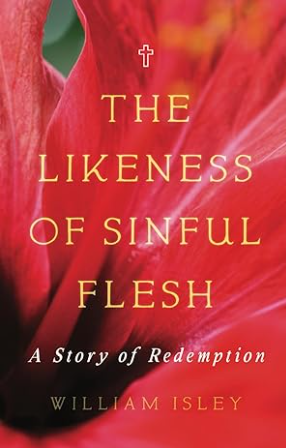When things go wrong in society, the finger of blame is regularly and understandably pointed at the “crooked politicians.” Corruption in high places does plague human societies, but it is not the main problem. Psalm 146 clearly teaches that there is a more fundamental and tragic reason for political failure.
The psalms do recognize wickedness in high places. Psalm 2:2 states, “the kings of the earth set themselves, and the rulers take counsel together against the Lord and his anointed.” Such opposition to God is part of what the Gospel of John means by “the world.” It can be seen later in Revelation 18 where Babylon is used as a symbol for all oppressive empires. Corrupt politicians are a great evil, but they are not the most fundamental obstacle to forming a just society.
Psalm 146:3 warns, “Do not place your trust in princes, in a son of Adam in whom there is no help.” Most English versions translate the Hebrew word adam as “man.” I purposefully translated it as “Adam” in order to bring out the psalmist’s reference to the Genesis account of man’s creation and fall. Psalm 146:4 states, “When his breath departs he returns to his earth; on that very day his plans perish.” “Earth” (adamah) repeats the pun on the name “Adam” in Genesis 2:7 where man (adam) is formed from the dust of the ground (adamah). Also, Adam’s punishment for his sin was that he would “return to the ground” (adamah) out of which he was taken (Genesis 3:19).
The psalmist’s point is that even the best and most noble plans for a just society fail because ancient princes and modern politicians share in the common fate of Adam or mankind. They die, and their plans die with them. This, and not political corruption, is the great tragedy of human existence. Even the best we do does not last.
Psalm 146, however, does not counsel despair. It affirms that the Lord is the creator and keeps his promises for ever and executes justice (vv. 6-7). It promises that he will reign for ever (v. 10). We should trust in him.
The Bible demonstrates political wisdom in commanding us not to trust in politicians. If we look for political messiahs, we open ourselves up to charlatans who will deceive us and take advantage of our trust. On the other hand, if we think that society’s fundamental problem is corrupt leadership, we remain ignorant of the complex issues facing political leaders and believe that the solution is just to find an honest man.
More importantly, there are two dangers to our spiritual life when we trust in princes. The first is that we become idolaters. By trusting fully in them we act toward them as if they were gods or messiahs. Such faith is to be reserved only for the true God who made heaven and earth and promised that his anointed Son would rule the earth in justice.
The second danger, one to which I am sinfully prone, is that their failures can make us cynics. Yes, politicians are sinners like the rest of us and exposed to the tremendous temptations of power, but they are not necessarily corrupt and full of evil intentions. The prophetic spirituality that condemns social injustice and all that falls short of the glory of God needs to be balanced by wisdom spirituality which realizes the limits of what can be done in a fallen world and sympathizes with the failures of mortal man, including politicians.
Psalm 146 should guide us in this election year. First, we are called not to trust political candidates to bring in the millennium, nor to despise them. We are to pray for them (2 Timothy 2:1-3). Second, let Psalm 146 shape our preaching and worship. Pastors, proclaim God’s concern for the hungry, the bowed down and the orphan (vv. 7-9). Imagine too how different our worship would be if our songs were modeled on Psalm 146 and we sang not to trust in mortal princes but in the Lord, the creator of heaven and earth and the executor of justice.
Can I hear a “Praise the Lord” (v. 10)?

